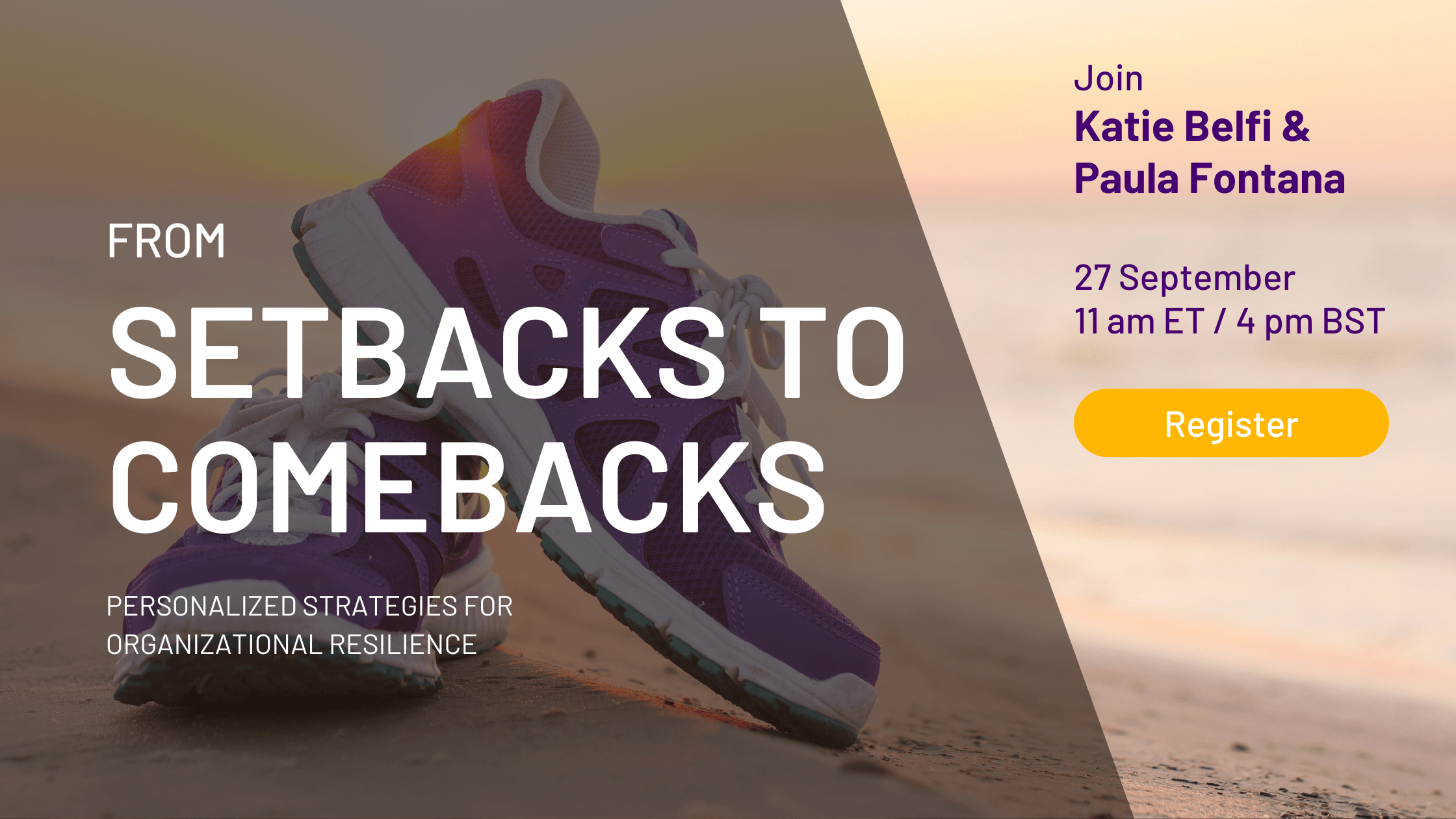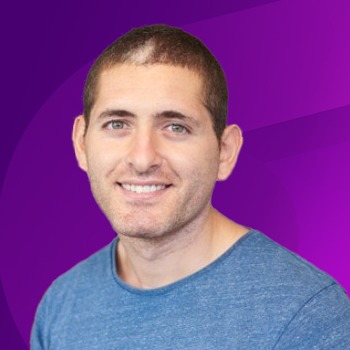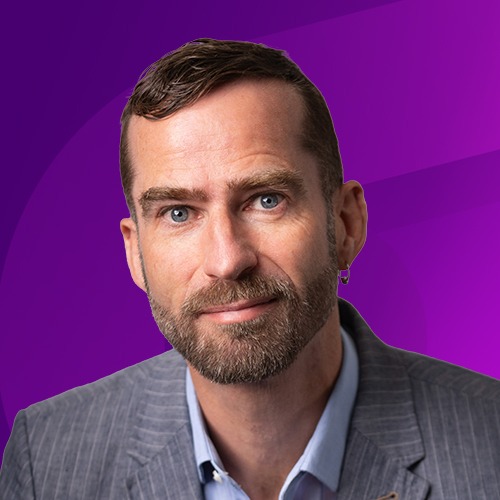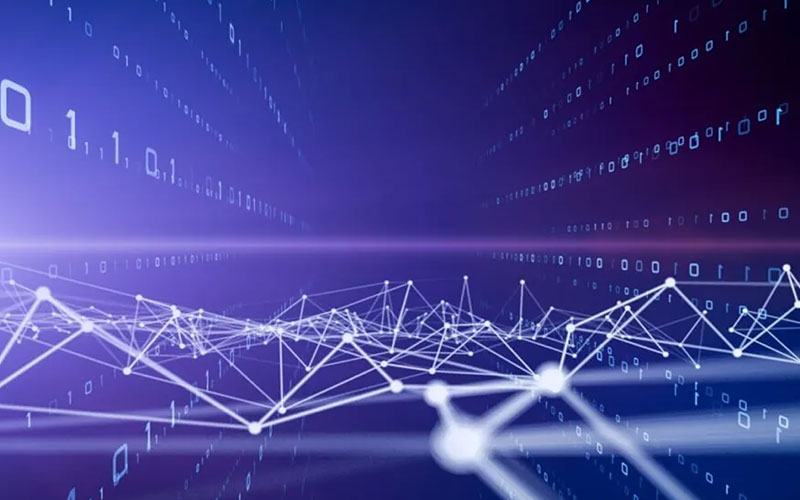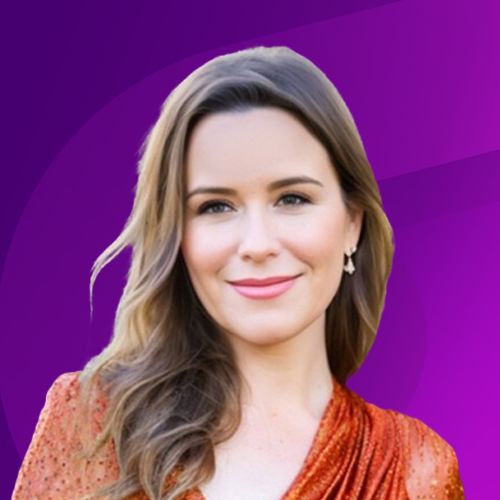In the ever-evolving landscape of business, adaptability has become an integral part of a company’s DNA. Recognizing the importance of agility in the modern workplace, iluminr introduced the ‘Gamechangers in Resilience’ interview series. This platform is dedicated to celebrating influential leaders who have championed flexibility and resilience within their organizations, among clients, and within their communities.
Through this series, we shine a spotlight on a diverse array of voices from around the globe. These remarkable individuals have not only empowered their teams, ecosystems, and communities to thrive in the face of adversity but have also emerged as shining examples of such achievements themselves. By acknowledging their accomplishments and drawing lessons from their experiences, iluminr pays tribute to the transformative impact of these leaders and their unwavering dedication to achieving success, even in the face of formidable challenges.
Featured in Wired and Forbes as well as on CBS and NBC news, Katie Belfi is on a mission to change the way we think about resilience. As a resilience consultant, coach and speaker, Katie’s approach is equal parts inspirational and informational. Katie has leveraged her unique experience as an attorney, a disaster manager, and wellness professional to develop a coaching and consulting practice serving both organizations and individuals. Departing from the traditional approach to operational resilience, Katie contends that resilient institutions cannot exist without resilient individuals and thus, advocates for a more strategic/holistic approach to organizational resilience. Katie posits that this more holistic approach is the key to ensuring business longevity, not just business continuity.
As a Master Certified Professional Coach, Katie launched The Katelyst as the coaching arm of Belfi Consulting, offering individual and group resilience coaching.
Q: How did you find your way to the field of Resilience?
Katie: It’s been a winding path for sure, but it all started when I left the private sector as a commercial litigator, and joined FEMA as Regional Counsel for Region 2 in New York. Just a few weeks after I joined the agency, Hurricane Sandy hit NY and provided me with the ultimate baptism by fire. As a native New Yorker, it was really tough to witness the destruction of parts of my city, but it was even harder to process the personal devastation experienced by so many New Yorkers. Working that disaster with FEMA affirmed for me that I needed to take off my lawyer and do work that allowed me to make more of a direct impact.

Q: Your transition from working on enterprise resilience to founding Katelyst is fascinating. Can you elaborate on a pivotal moment that drove you to recognize the need for focusing on the resilience of individuals within organizations?
Katie: During the pandemic, I was working with clients who were indisputably committed to enterprise resilience. Yet, as we worked through responding to and recovering from the pandemic impacts, I watched the same pattern repeating across these organizations. Over and over, the same few names were offered up as solutions to every problem and/or those individuals were the ones piping up in meetings offering new solutions.
Unlike some of the other team members who found themselves overwhelmed by the stress of the situation, struggling to make decisions, and/or shying away from the really hard questions, those “problem solvers” were able to stay present, curious, and calm. The more I worked with those “problem solvers” the more I learned about their habits, their way of thinking, and their methods. I realized quickly just how critical these players were to the organizations’ holistic resilience, so, I set out to learn more about personal resilience, how we can develop it for ourselves, and how organizations can help cultivate it among their people.
I spent several years studying personal resilience and positive psychology and became certified as a Master Professional Coach through the International Coaching Federation (ICF). I launched the Katelyst as the coaching compliment to Belfi Consulting, LLC to offer services specifically focused on personal resilience in the context of an organization and with individual clients.
Q: Can you share an example from your experience where you’ve witnessed the impact of neglecting the resilience of individuals while focusing solely on organizational plans?
Katie: Those “problem solvers” I mentioned…well unsurprisingly, most of them burned out, became resentful, and some even left their organizations. The leaders who recognized their value and how much they contributed to the organization’s well- being, often failed to consider the well-being of those individuals. Additionally, as plans continued to be made to address the future states of the pandemic response and recovery, those same leaders failed to recognize the single points of failure they were creating through their continued reliance on a handful of employees.

Q: Could you elaborate on how you help companies strike a balance between short-term continuity and long-term longevity while also ensuring that the well-being and resilience of individuals are not compromised?
Katie: I like to think about this in terms of running. If you have a team that you train and prepare to run a marathon, they’ll be able to manage a 10K with ease. However, the same is not true in the reverse.
Looking at individual resilience as a key component of your organization’s overall resilience is precisely the effort that will enable that long-term longevity. Without it, your organization may be able to squeak out continuity for a period, but longevity will be far from guaranteed…and not just because of endurance.
Sure, there is a component of mental fortitude and persistence within personal resilience that supports organizational longevity. But, the benefit of personal resilience that is even more impactful to an organization’s longevity is the innovation and creativity that personal resilience unlocks. To achieve long-term longevity you need to be able to adapt and do what you need to do, not just continue to do what you’ve always done. Your innovators, creators, and problem solvers are the people who will help you get there.
Q: One of the things we talk about quite regularly at iluminr is this concept that we are living in liminality, or a period of transition between two eras. How do you help individuals and teams leverage the energy from transitions – whether they’re positive or challenging – to enhance their resilience and drive positive change?
Katie: Reflection is paramount to effective resilience building on the individual and the organizational level. So, from where I sit, it’s not just about the energy of transition, it’s about the information that lives within that transition. When I talk about helping people cultivate their own personal resilience, I explain that my goal is to help them become better equipped to make the changes they want and manage the changes they don’t (because there will always be both).
The fact is that, especially today, change is the only thing we can really count on, so our relationship to it can ultimately define our success or deliver our failure.
The good news is, those are skills we can develop for ourselves and within our organizations.

Q: Our paths crossed when you joined our Resilience Archetype roundtable a few months and we discussed the value of personalizing the design of your Resilience program. What is the role of personalization in building a resilient organization?
Katie: When we talk about “personalization” in terms of developing organizational or enterprise resilience, I see three layers:
- Your efforts should be “personalized” to your organization, reflecting where you are today and where you want to go as an entity;
- Your efforts should be “personalized” in that they reflect the importance of individual resilience in developing organizational resilience; and
- Your efforts should be “personalized” to your people in that they reflect the unique stressors/challenges your people face and their specific resilience needs.
Q: What is your Resilience Archetype?
Katie: Ha! Unsurprisingly, I am a “Challenger.” I recognize that the approach I take–making individual resilience central to institutional resilience–is not exactly traditional. I know I have talked to you many times about what I am doing feeling a bit like “pushing the tide.”
But, I see a massive shift in the ways leaders are thinking about the intentional development for their employees with many organizations adopting a coaching culture and prioritizing employee mental health and well-being.
With the right organizations adopting this approach, I see individual resilience becoming an inextricable component of employee well-being and development.
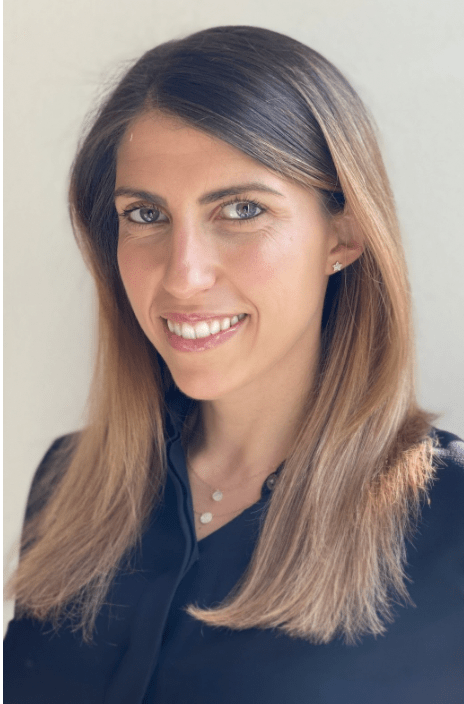
Q: We’re going to be hosting a webinar together in September about using microsimulations to bolster the personal aspects of organizational resilience. For teams that are just getting started using scenarios to build personal resilience muscle, where do they start?
Two things must happen for teams to get as much as possible out of those scenarios:
- The entire team must have a cohesive definition of resilience so there is alignment and clarity around the goal of the work, and
- The organization must recognize that individual resilience cannot be cultivated in a vacuum and acknowledge the collaborative effort required to develop a culture that enables and inspires both individual and institutional resilience.
Q: What is the leadership playbook you are writing for yourself in real time?
Katie: As a solopreneur, I am constantly looking for ways to systematize and simplify my work. The playbook I am writing now, it’s focused on identifying opportunities to adopt systems (ideally before I really need them) so that I can continue to grow my business and serve more organizations.

Q: How do you use the lessons of personal resilience in your own life?
Katie: I am a big believer in practicing what I preach and I have the unique benefit of working with clients, who hold the mirror up for me everyday. I can’t sit there and talk to clients about exercising mindfulness or committing to self-reflection if I’m not doing those things myself. It’s these lessons (and the tools that come with them) that I credit with the success I have found as a solopreneur and with whatever success is yet to come.

